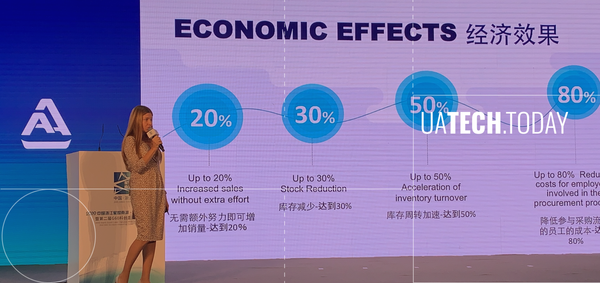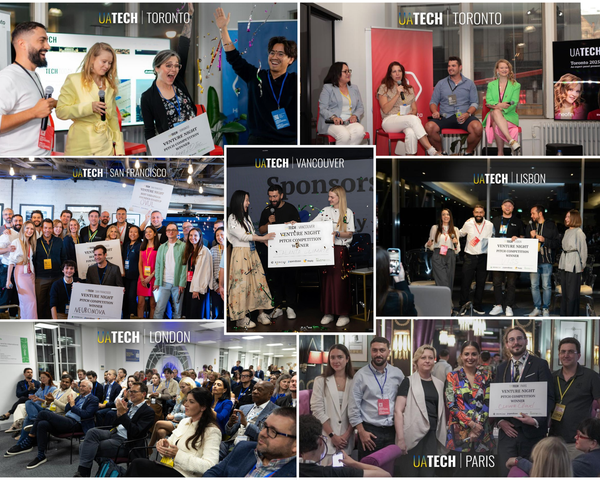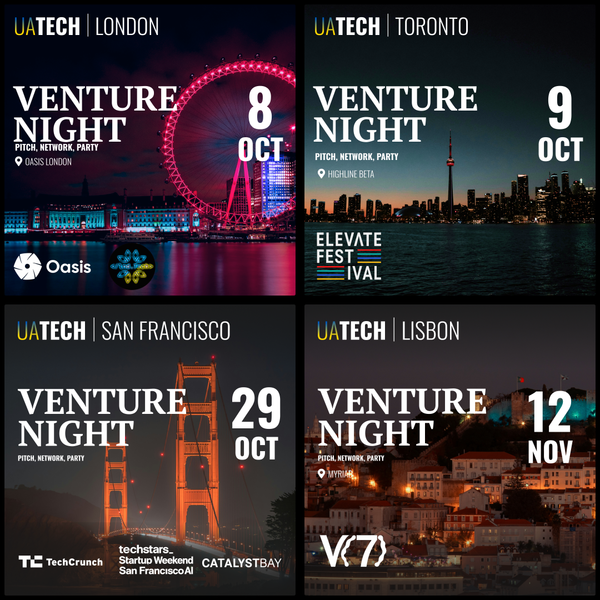Welcome to the "Global B2B Sales & Marketing Hub", where I will share my experiences, successes, and failures from over two decades in B2B sales. My name is Jane Medwin, and for the past 20 years, I have been deeply involved in sales, with 15 years as a VP of Sales in B2B enterprise. I am the co-founder of Leafio AI, a company dedicated to automating and optimizing supply chain and merchandising processes for retailers and CPG manufacturers worldwide, where we scaled a local startup into an international company operating across multiple continents. Scaling a business globally comes with unique challenges, and I’ve learned firsthand what works—and what doesn’t—in building an effective sales and marketing strategy.

B2B sales is both an art and a science, requiring strategic thinking, execution discipline, and adaptability. Even experienced sales leaders, including myself, have fallen into traps that cost time, revenue, and market opportunities. In this article, I will share some of the most costly mistakes I’ve encountered in my journey—both my own and those I’ve observed in the industry.
Mistake #1: Hiring Salespeople Without Local Market Expertise
In today's post-COVID remote-work era, many sales leaders assume that a successful sales team in one region will perform just as well in another. However, expanding into a new market without hiring salespeople with local market expertise is a costly mistake. Each market has its own cultural nuances, customer behaviors, business dynamics, and competitive landscape. Without this knowledge, even top-performing salespeople from one region may struggle in another due to differences in sales cycles, decision-making processes, and customer expectations.
A local sales professional understands how buyers make decisions, how to navigate the business environment, and how to build relationships within the market. Ideally, success requires both market expertise and industry knowledge. Understanding customer pain points, regulatory nuances, and competitive dynamics within the sector is just as crucial as understanding local business customs. Without it, companies risk misaligned messaging, slower market penetration, and missed opportunities.
For example, expanding into Brazil requires a local salesperson who understands the country's trust-based business culture. They can navigate local relationships, bureaucracy, and partnerships more effectively than an outsider, ensuring smoother market entry.
Key Takeaways:
• Hire sales professionals with local market expertise and, ideally, industry knowledge.
• Provide structured onboarding to integrate local knowledge with company strategy.
• Build a feedback-driven culture to refine sales execution and adapt to market conditions.
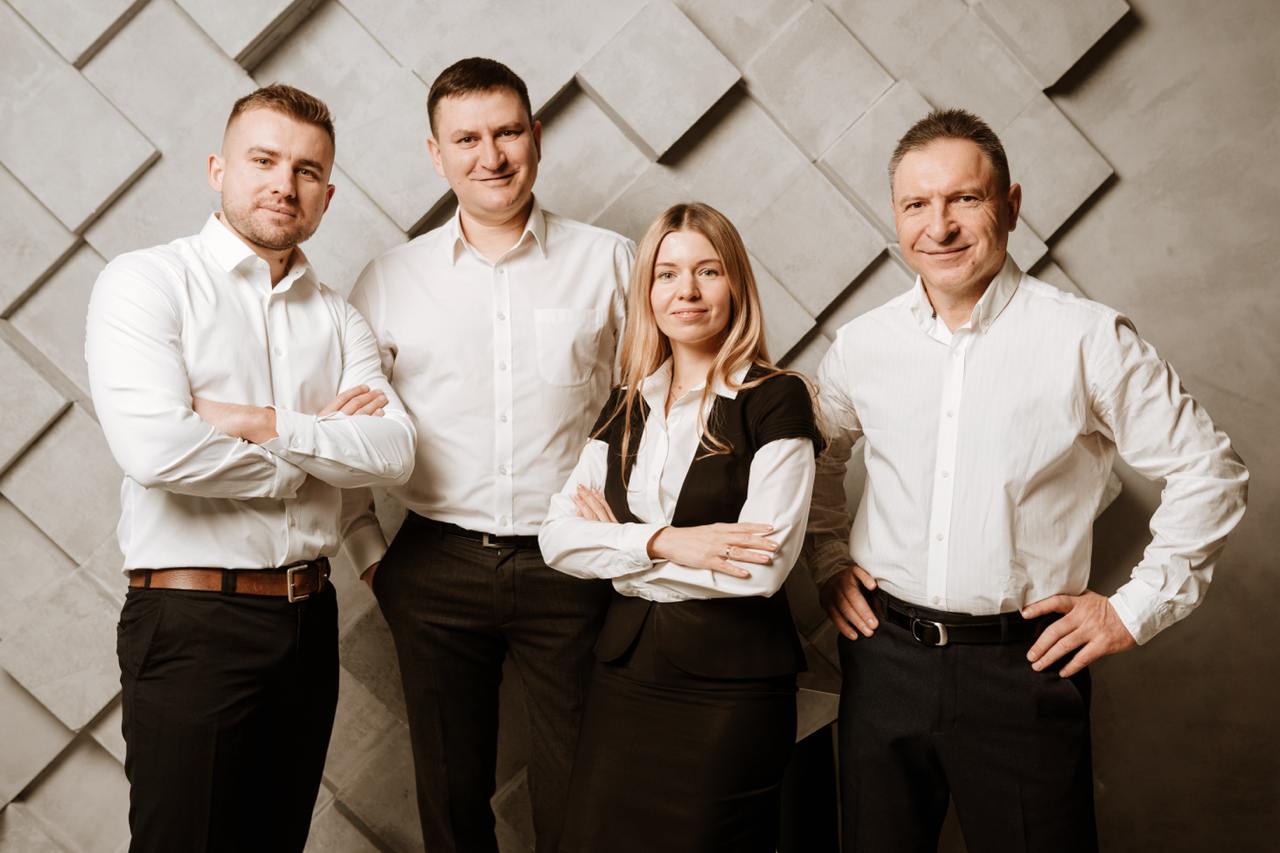
Mistake #2: Failing to Develop Outbound and Inbound lead channels simultaneously
Many companies focus too much on outbound prospecting or inbound marketing only, mistakenly believing that one channel alone will sustain long-term growth. Outbound strategies, such as cold outreach and targeted sales, can bring quick results but are costly and difficult to scale. Meanwhile, inbound marketing—content creation, SEO, and demand generation—takes time to build but provides a steady flow of high-intent leads.
Relying on a single channel is risky. Outbound alone may face diminishing returns due to market saturation and prospect fatigue, while inbound alone can be disrupted by algorithm changes or increasing competition.
A well-balanced approach creates synergy: outbound efforts become more effective when supported by brand awareness from inbound, while inbound leads can be nurtured and accelerated through outbound sales.
Key Takeaways:
• Invest in both outbound and inbound to diversify lead generation and mitigate risks.
• Align marketing and sales teams to ensure a seamless lead conversion process.
• Continuously measure and optimize both channels to maintain long-term growth.
Mistake #3: Not Prioritizing the Ideal Customer Profile (ICP)
A costly mistake in B2B sales is chasing leads that will never convert. Many companies waste time and resources engaging prospects who lack the budget, authority or need for their solution. This inefficiency drains sales efforts and misallocates internal resources, such as product experts and engineers.
Successful sales teams define their ICP, identifying industries, company sizes, and decision-makers that align with their solution’s strengths. Without a well-defined ICP, sales efforts become scattered, conversion rates drop, and overall growth suffers.
To fix this, companies must use data-driven insights to refine their ICP, analyze successful customers, and continuously adjust qualification criteria. Choosing a structured methodology, such as BANT (Budget, Authority, Need, Timing) or MEDDIC (Metrics, Economic Buyer, Decision Criteria, Decision Process, Identify Pain, Champion), can help ensure teams evaluate prospects effectively and focus on the right opportunities.
Key Takeaways:
• Define and refine the ICP using data from successful customers.
• Train sales teams to qualify leads early and focus on high-potential opportunities.
• Use structured methodologies like BANT or MEDDIC to improve efficiency.
Mistake #4: Failing to Communicate a Clear Value Proposition
One of the biggest pitfalls in B2B sales is focusing too much on product features instead of the business impact. Buyers don’t just want functionalities—they need to understand how a product will help them achieve their goals, whether that’s increasing revenue, reducing costs, or improving efficiency.
Many sales teams assume prospects will connect the dots between features and business outcomes, but decision-makers need clear messaging tailored to their priorities. A CFO, for example, focuses on financial savings and ROI, while an operations manager prioritizes efficiency and automation.
A strong value proposition answers the question, "Why should this customer buy from us?" It highlights measurable impact, competitive advantages, and real-world benefits.
Key Takeaways:
• Focus on business outcomes, not just product features.
• Tailor messaging for different stakeholders.
• Use customer success stories to demonstrate tangible value.
• Continuously refine messaging based on market feedback.
Mistake #5: Underestimating the Complexity of B2B Enterprise Sales
Enterprise sales involve multiple stakeholders, long decision cycles, and complex procurement processes. Unlike SMB deals, approvals often require input from finance, IT, and procurement, not just a single decision-maker.
A common mistake is assuming enthusiasm from one contact is enough. Internal champions need support to navigate objections and push the deal forward. Without equipping them with the right materials and engagement strategy, deals can stall or fall apart.
Identifying all key stakeholders early and aligning messaging to their priorities is crucial. Delays often arise when late-stage decision-makers introduce new requirements. A structured, proactive approach ensures smoother approvals and faster deal closures.
Key Takeaways:
• Identify decision-makers, influencers, and blockers early.
• Provide champions with materials to advocate internally.
• Develop a structured approach to navigate complex approvals.
• Stay patient and persistent—enterprise deals require a long-term commitment.
Conclusion: Turning Mistakes into Growth Opportunities
Mistakes in B2B sales are inevitable, even for the most experienced leaders. However, the best sales professionals and organizations don’t just avoid mistakes—they learn from them, adapt, and continuously improve. Every setback presents an opportunity to refine strategies, strengthen teams, and accelerate growth.
Success in enterprise sales isn’t about perfection but about resilience, adaptability, and a commitment to understanding customers better. By focusing on hiring the right talent, balancing inbound and outbound strategies, defining the ideal customer profile, communicating value effectively, and navigating enterprise sales complexity with patience, businesses can build a predictable and scalable sales engine.
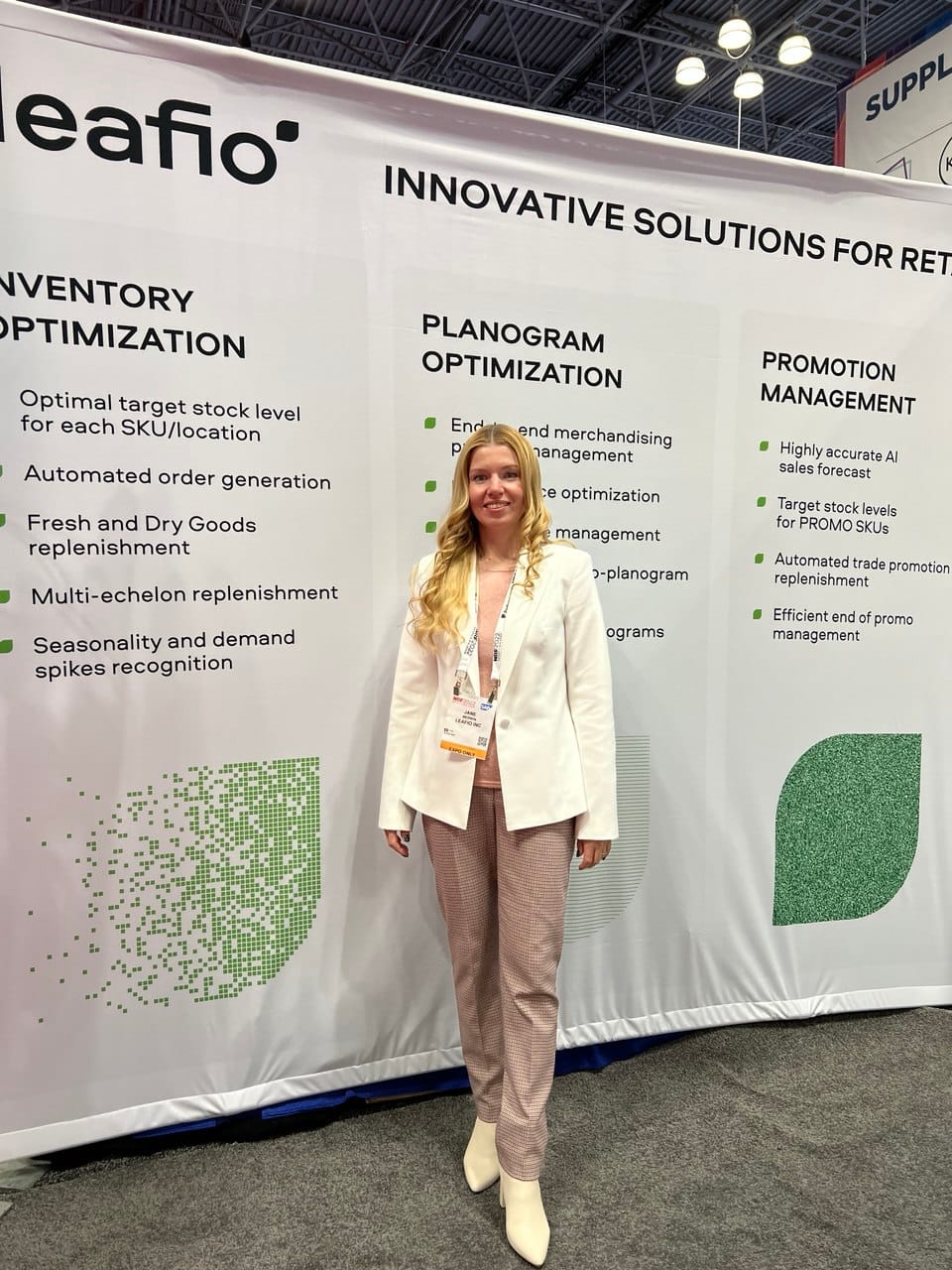
In the coming articles, I will explore each of these mistakes in greater detail, providing deeper insights and practical strategies to help you refine your sales approach. Stay tuned for actionable advice on how to overcome these challenges and drive sustainable sales growth.
The journey to sales excellence is ongoing. Keep learning, iterating, and pushing forward. The challenges you overcome today will shape the victories of tomorrow.
I’d love to hear your thoughts—what lessons have you learned from your own sales experience? Let’s continue the conversation!
by Jane Medwin
My name is Jane Medwin, and for the past 20 years, I have been deeply involved in sales, with 15 years as a VP of Sales in B2B enterprise. I am the co-founder of Leafio AI, a company dedicated to automating and optimizing supply chain and merchandising processes for retailers and CPG manufacturers worldwide, where we scaled a local startup into an international company operating across multiple continents. Scaling a business globally comes with unique challenges, and I’ve learned firsthand what works—and what doesn’t—in building an effective sales and marketing strategy.


